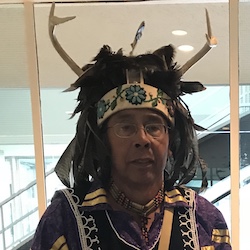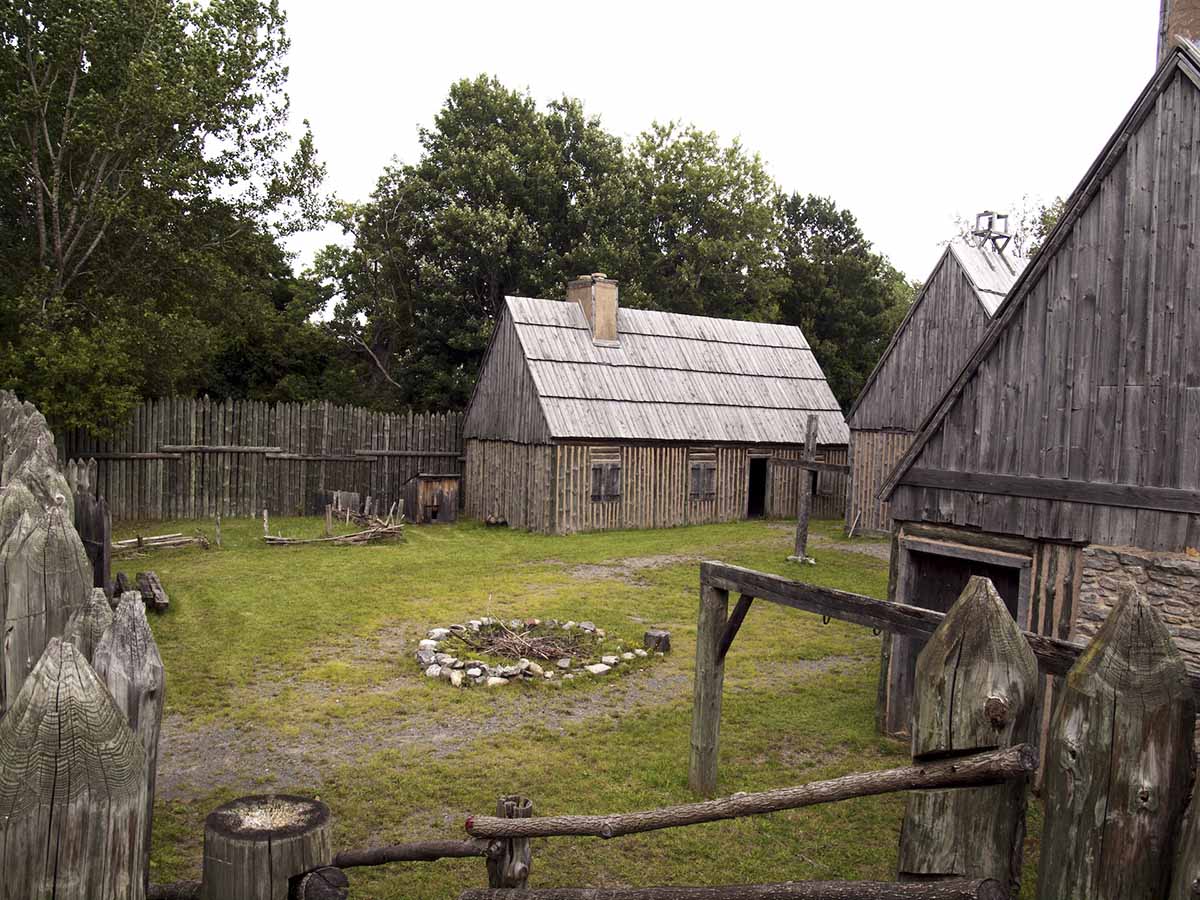My six nation Haudenosaunee passport is not a ‘fantasy document’
 Front cover of Haudenosaunee passport. Photograph: Sid Hill
Front cover of Haudenosaunee passport. Photograph: Sid Hill
I’m a citizen of the six nation Haudenosaunee, commonly known as the Iroquois confederacy, one of the original peoples of what is called North and South America. We travel the world on our own passports, embracing the full rights extended by the rules of international law and diplomacy. Too often, our passports are denied by the very countries that took our land. They call them “fantasy documents”, but they are not.
Home is the land of the Six Nations – the Mohawk, Oneida, Onondaga, Cayuga, Seneca and Tuscarora – which straddles the US-Canada border in New York, Quebec and Ontario. We are a sovereign nation recognized by the United States under the 1794 Treaty of Canandaigua signed by George Washington.
That is not good enough for some countries, including Canada, the United States and United Kingdom.
As Tadodaho, or traditional leader, of the Onondaga Nation, Haudenosaunee Confederacy, I traveled in October with Mohawk Chief Howard Thompson and Mohawk citizen Kenneth Deer at the invitation of Bolivian president Evo Morales to take part in the World People’s Conference on Climate Change and Defense of Life in La Paz.
We have long traveled on our own passports, and had no problem passing through Lima heading to Bolivia. But as we sat on the plane waiting to depart La Paz on 13 October, an official boarded and asked us to disembark because the Peruvians decided we could not transit through Lima on our passports.
A Bolivian foreign ministry official told us the Canadian government urged the Peruvians not to recognize our passports, saying the Canadians allegedly called them “fantasy documents”. We were forced to remain in La Paz for days while diplomatic channels on two continents tried to work out this problem.
At one point, the Canadian government offered us emergency temporary passports, but that was not an option we could accept. Finally, with the greatly appreciated intercession of a senior US official, we were able to fly back through Miami and return home.
This is not the first time we have encountered such problems. The best-known incident happened in 2010, when Great Britain refused to allow the Iroquois Nationals lacrosse team to travel to the World Lacrosse Championships in Manchester on Haudenosaunee passports.
Back then, when the British asked the Americans if they would let us return after the tournament, the Americans were in a bind. Saying yes would officially recognize our passports. And it was absurd to say no, since this issue began when the Europeans arrived five centuries ago and seized our lands in the first place.
So the Americans said nothing, leading to a days-long standoff before then-secretary of state Hillary Clinton, a former New York senator, granted a one-time waiver. That was still not enough for the British, so we were barred from the championship of a game we invented and which is central to our culture.
We understand that any inconveniences we face are minuscule compared to centuries of struggle to maintain our standing among nations of the world. We have worked through the United Nations Permanent Forum on Indigenous Issues to ensure that our voices are heard internationally, despite governments’ resistance to respecting our rights to control our land, culture and very survival.
We have worked for several years to develop a new passport and identification that will be more secure than that of the United States, Canada as well as any other country. We are confident it will surpass encryption standards to meet security demands of the modern world.
Maintaining our sovereignty demands that we use our own passport. This is why we stamped the passports of visiting nations – including US Americans and the British – in September when the World Indoor Lacrosse Championships was held for the first time on Haudenosaunee land: to underscore that this has always been and remains our land.
We do not have the option of simply accepting American or Canadian passports. We are citizens of the Haudenosaunee Confederacy, as we have been for millennia before the Europeans’ arrival.
That is not negotiable.
SUGGESTED CITATION
Tadodaho Sid Hill, "My six nation Haudenosaunee passport is not a 'fantasy document'," Doctrine of Discovery Project (30 October 2015), https://doctrineofdiscovery.org/blog/six-nations-passport/.
Donate today!
Open Access educational resources cost money to produce. Please join the growing number of people supporting The Doctrine of Discovery so we can sustain this work. Please give today.

